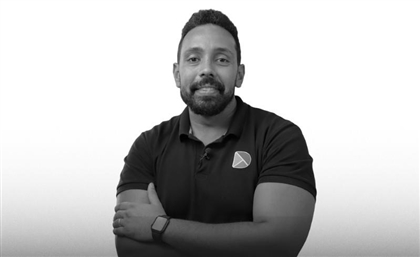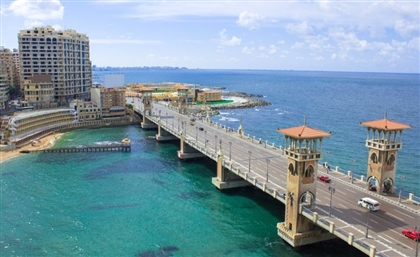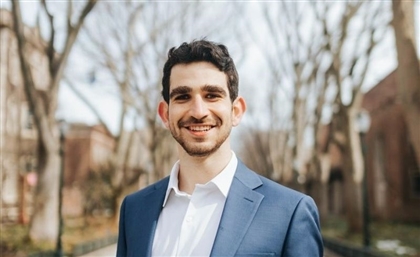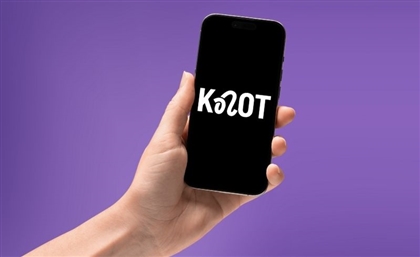These Entrepreneurs Are Travelling Between Alexandria and Leiden To Solve Egypt's Water Crises
Between the waters of the Mediterranean and North Sea, 17 researchers, entrepreneurs, artists and media specialists gathered to find innovative solutions out of common water crises.

By the rising sea levels of the Mediterranean, 17 researchers, entrepreneurs, artists, and media specialists joined hands under the roof of Goethe Institute in Alexandria to take part in the first session of "Connecting Delta" project on 21st of June. Soon enough, they'll fly to Leiden, a coastal city in the Netherlands to continue to the event's second phase.
"With climate change induced sea level rise, two areas that will be very heavily affected are the Dutch and the Egyptian Delta," the project's co-initiator and lead facilitator, Daria Ofman tells Startup Scene ME. "These effects are not just flood threats but also rising salinity levels in the soil which makes the delta areas very difficult to be used for agricultural production."
The Netherlands fights this by pumping sweet water into its lakes and ensuring productive agriculture and irrigation. However, Egypt is not able to do the same because it lacks sufficient sweet water due to its climate." The Netherlands, a third of which is below sea level, has battled rising water for hundreds of years," Ofman elaborates. "Therefore a Dutch team in the city of Leiden and an Egyptian team in Alexandria are looking at what can be done together to contribute to solving the water problem. We do this by looking at what local delta experts, business people, entrepreneurs and researchers can do to help, and create business models around it," she adds.
In October 2015, floods hit Alexandria killing at least five people after torrential rain and strong winds battered in the Mediterranean coastal city. In the wake of the flooding, criticism rained against the municipality's poor drainage system, urging the city's governor Hani El-Messiri to resign. On the other side of the world, the Netherlands has extensive experience in water management and protection, Egypt has been dealing with the Mediterranean sea fluctuations in the North and the lack of water in the South since ancient times.

"A Dutch team in the city of Leiden and an Egyptian team in Alexandria are looking together at what can be done to contribute to solving the water problem."
The aim is designing and implementing an urban living lab on water; creating local adaptive and resilient communities. "What we propose is a one year Design Thinking process divided into two phases, a first phase on revealing capacities, actors and aligning interest and a second phase on implementation and scaling up initiatives," she says.
Between two and three months, the groups set out on their research missions. Each group looked through their own lens of perception, investigating what an entrepreneur, a farmer or a fisherman can experience regarding what has been happening in the last decades in terms of smarter protection techniques from water disasters.

"Since water is a primary and scarce resource for all of us, any business around water should be a responsible one that ensures that clean water does not become a luxury that only the few can afford."
"This outcome will form the base from which phase two can start;" Ofman says. "Building on what is already strong versus what is going wrong. Building on what is already working is a strong precursor for building innovations that are implementable, since they are already in the collective or historic consciousness and connect to what locals have experience in and know is working. Pointers towards what should be built into a prototype will emerge from the final part of phase one."
Photography courtesy of Yasmine Hussein
- Previous Article Abu Dhabi Is Leaping Towards Institutionalising Crypto Asset Activities
- Next Article What Happened To Qatari Startups After The Blockade?
Trending This Month
-
Jan 19, 2026






















